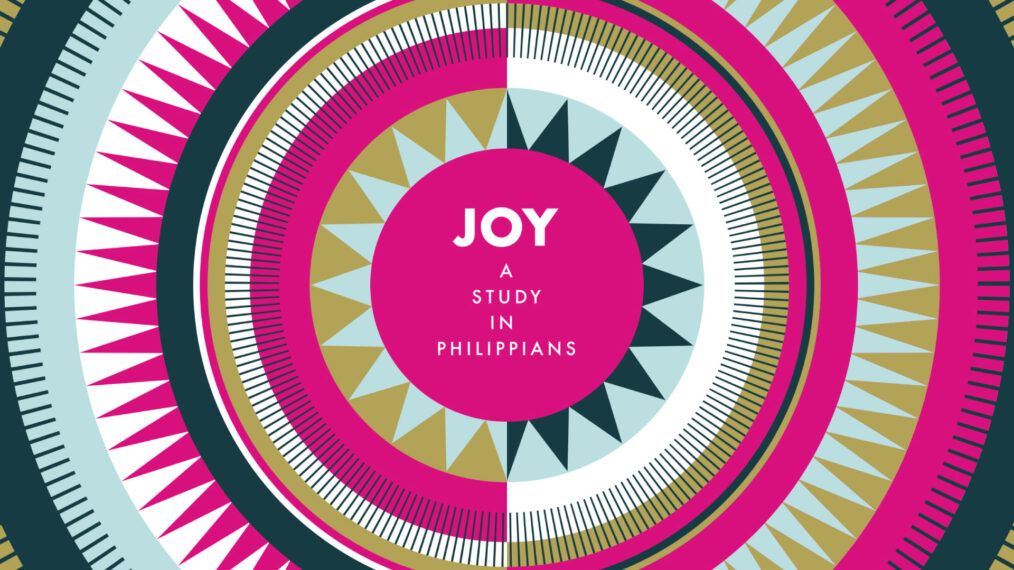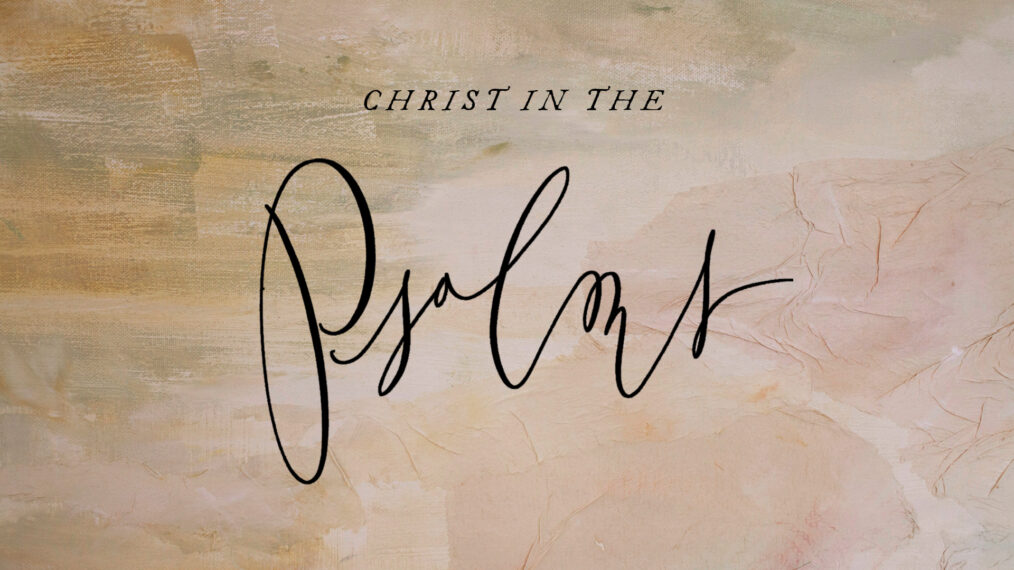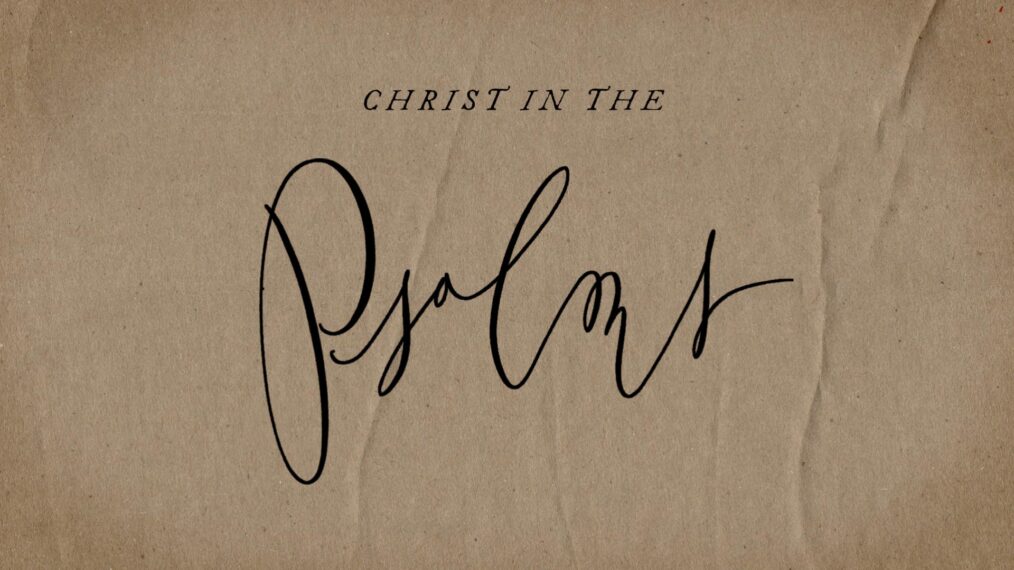Throughout the season of Advent, we’ll begin our gathered time of worship reading the The Apostles’ Creed together. “Creed” means belief, and this particular one is the oldest of Christian creeds. Why will be focus in on this creed during Advent?
First, it helps frame the season of Advent.
This creed clearly articulates Christ’s incarnation (His first advent), death and resurrection, but also reminds us of his return to judge the living and the dead (His second advent). These are imperative to fully grasp this season; Christ came as a servant to lay down His life and will come again in power!
Second, it proclaims the gospel.
When JI Packer was asked if you can find the gospel in the Apostles’ Creed, he responded that the Creed was in essence a “power-point declaration of the basics of the Christian message – in other words, of the gospel itself.” While many have boiled down the gospel to certain basics for ease of comprehension and sharing, the Apostles’ Creed provides a full picture of the gospel without watering down any elements. It’s a way of reminding ourselves of the gospel’s larger story and beauty!
Third, it’s a tool for discipleship.
Over the last few years, so many books have been written on discipleship that it’s somewhat overwhelming to know where to start! The church in the second and third centuries would utilize the Apostles’ Creed as they taught new converts about the faith. These courses often lasted three years, culminating with their confession of faith, baptism, and communion on Easter. In the Apostles’ Creed, we learn the basics of Christian doctrine: the Trinity, creation, the Incarnation, the Holy Spirit, the Church, the forgiveness of sins, and the nature of our resurrection. When was the last time you read all of these held together in a single, fairly concise statement?
Fourth, it connects us to those who’ve gone before us.
The Apostles’ creed was written in the second century. In using it, we’re reminded that the Church wasn’t birthed in the last 20 years, but rather has been around for 2000 years and continues to hold to central and key beliefs grounded in Scripture. It’s a beautiful thing to know we are not alone in our journey!
If you’re interested in learning more about the Apostles’ Creed, consider reading through JI Packer’s book “Affirming the Apostles’ Creed” (we’ve made these available on the bookshelves at Park Church) where he breaks down each phrase. It’s been an incredibly encouraging resource for me personally, and would be a great tool to take others through as well.
I believe in God the Father Almighty,
Maker of heaven and earth,
And in Jesus Christ, His only begotten Son, our Lord:Who was conceived by the Holy Ghost,
born of the Virgin Mary,
Suffered under Pontius Pilate;
was crucified, dead and buried;He descended into hell.
The third day he rose again from the dead;
He ascended into heaven,
and sits at the right hand of God the Father Almighty;
From thence he shall come to judge the quick and the dead.I believe in the Holy Ghost;
I believe in the holy catholic church;
the communion of saints;
The forgiveness of sins;
The resurrection of the body;
And the life everlasting.Amen.



